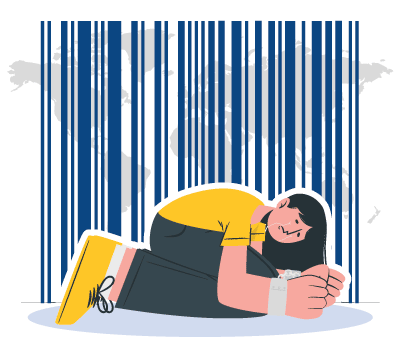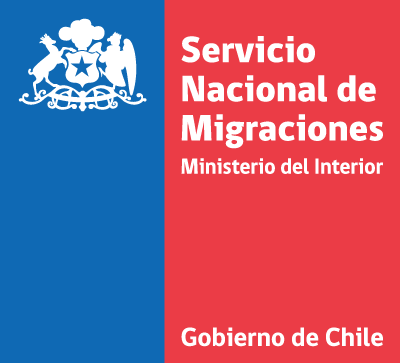Permit for victims of human trafficking

What is human trafficking?
Trafficking is a modern form of slavery that violates human rights and causes irreparable harm to its victims. It primarily affects women and girls, who represent 65% of the identified victims of this crime*.
It can take the form of forced labor, forced begging, or sexual exploitation.
How to recognize the crime of human trafficking:
First, you should know that human trafficking affects or could affect people of all ages, genders, and backgrounds.
-
These are some warning situations:
- If you are unable to leave your workplace and your movements are monitored.
- If you are threatened with being handed over to the authorities and you fear about your immigration status.
- If your identification documents are withheld and you are isolated from your surroundings..
- If you are forced to provide unpaid services to settle alleged debts for travel and housing.
- If you work excessive hours per day for extended periods, have no days off or access to medical care, and receive little or no pay.
- If you are dependent on someone who acted on the basis of deceptive promises.
Protection and reporting to the State of Chile
The Chilean State protects victims of human trafficking with humanitarian visas or support to return to their country of origin.
-
If you suspect a possible case of human trafficking:
- Report anonymously at Denuncia Seguro *4242 or to the PDI at +56940729659
- You can also receive guidance by calling Sernameg at *1455
If appropriate, your report will be referred to the relevant authorities.
Learn about the residence application procedure
Important
Foreigners who are victims of this crime and are within national territory may be eligible for this permit.
This residency application must be submitted exclusively by an institution that is a member of the Intersectoral Roundtable on Human Trafficking on the SERMIG Digital Procedures Portal.
Who can apply for this permit?
Applications must be submitted only by institutions that are members of the Intersectoral Roundtable on Human Trafficking.
During the validity period of the permit, the victim may decide to exercise criminal and civil actions in the respective judicial proceedings, or initiate proceedings to regularize their residence status.
What documents are required?
To submit applications, the institution must attach the documentation required by the Intersectoral Protocol for Assistance to Victims of Human Trafficking.
Legal framework
- Article 411 quater of the Código Penal (Penal Code).
- Exempt Decree No. 1.817 of 2021, of the Ministry of the Interior and Public Security.
- Decree No. 177 of 2022, establishes the immigration subcategories of the Residencia Temporal permit,

